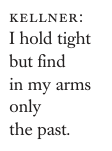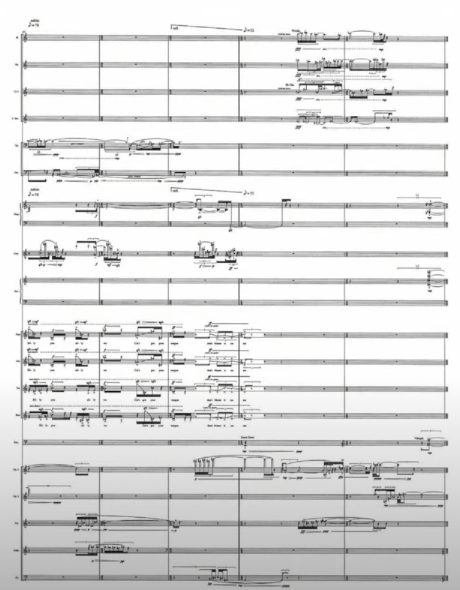created 2025-04-26, & modified, =this.modified
tags:y2025
rel:Survey of Shadows Unoriginal Genius by Marjorie Perloff
Why I’m reading
Encountered in Unoriginal Genius by Marjorie Perloff. Based on Walter Benjamin, who I’ve never read in whole but pops up fragmentary in readings.
Curious of idea of reading libretto with accompanying score
Themes: intertwined natures of history, time, transience, timelessness, language, and melancholy, the possibilities of transformational leftist politics, interconnectivity of language, things, and cosmos, aura, interpretation, translation in art.
Beginning on the last evening of Benjamin’s life, Shadowtime projects an alternative course for what happened on that fateful night. Opening onto a world of shades, of ghosts, of the dead, Shadowtime inhabits a period in human history in which the light flickered and then failed.
Scene I has several overlapping layers and is presided over by the chorus, whose members represent the Angels of History.
The Doctrine of Similarity - in which he considers the ways that physical sounds of language echo or mimic the primordial structures of the cosmos.
albrecht dürer melencolia i - “which shows a dejected, winged figure, surrounded by instruments of scientific inquiry.”

New Angels / Transient Failures
According to Aristotle the word “blind” cannot be applied to men, moles and stones in exactly the same sense. Scheler argues that the pragmatic certainty of our own death arises from the observation that advancing age constricts the possibilities available to us often converging at the limit of a single possibility or of none at all.
Thought
I recall being a kid and thinking of this future point where all my seemingly endless choices (step here, step there) converge to a single point (dying) and no choice. My last moments, might be no choice.
The future seems certain
certain
to go on
without us.
The future seems certain
to go on
go on
the future seems
to go on
without us
future certain
seems certain
to go
without us


Walter Benjamin’s Doctrine of the Similar
Insight into the areas of similar has fundamental importance to understand large areas of occult knowledge.
Nature produces similarities, and humans the most in this regard.
What does a human gain by this?
Our awareness is of a fraction of all similarities:
The similarities which one perceives consciously, for instance in faces, are, when compared to the countless similarities perceived unconsciously or not at all, like the enormous underwater mass of an iceberg in comparison to the small tip which one sees projecting above the waves.
It might seem we are losing our faculty of perception of memetics but
is it the case that the mimetic faculty is dying out, or has perhaps a transformation taken place?
For as inquirers into the old traditions we must take into account the possibility that human beings might have perceived manifest formations, that is, that objects had a mimetic character, where nowadays we would not even be capable of suspecting it. For example, in the constellations of the stars.
From time immemorial, a mimetic faculty has been conceded some influence on language.
If, in the dawn of humanity, this reading from stars, entrails, and coincidences represented reading per se, and further, if there were mediating links to a newer kind of reading, as represented by the runes, then one might well assume that the mimetic faculty, which was earlier the basis for clairvoyance, quite gradually found its way into language and writing in the course of a development over thousands of years, thus creating for itself in language and writing the most perfect archive of non-sensuous similarity. Language is the highest application of the mimetic faculty
All objects have a mute language in which they communicate their mental being, while human (vocalized) language, as a gift from God, is superior to them all. The language of things and the human language are liked through a kind of translation of an imperfect language into a perfect one.
NOTE
I struggle to understand this clearly.
